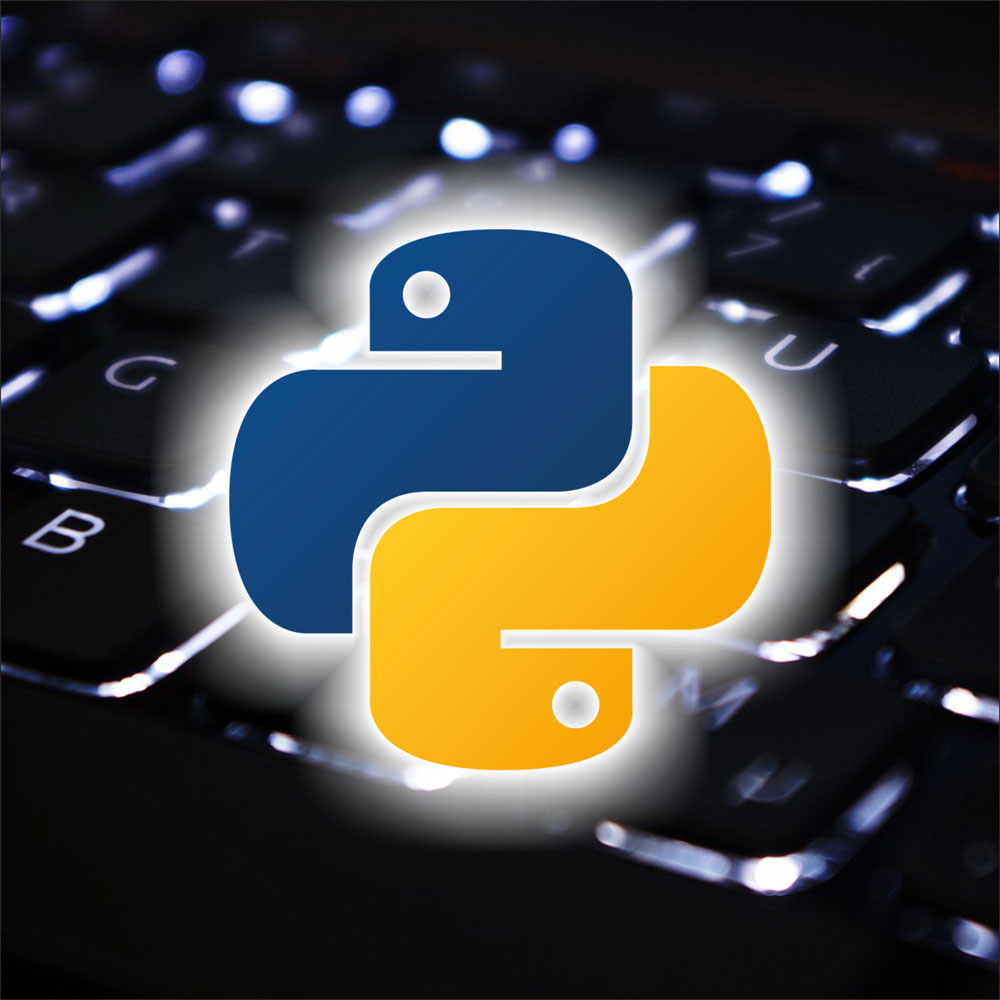
- 65 lessons
- 60 day duration
COURSE DESCRIPTION
In this Python training course, students learn to program in Python. The course is aimed at students new to the language and who may, or may not, have experience with other programming languages. Students will learn: how Python works and its place in the world of programming languages; to work with and manipulate strings; to perform math operations; to work with Python sequences; to collect user input and output results; flow control processing; to write to, and read from, files; to write functions; to handle exception; and work with dates and times. This Python course is taught using Python 3; however, differences between Python 2 and Python 3 are noted.
Python training is for the professionals from diversified domains say web development, Big Data, embedded systems, automation testing, and scripting. Python, is an open-source and powerful dynamic programming language used in a variety of applications.
Python Training Course curriculum covers topics including python programming basics, data types, and creating variables. The knowledge is imparted to understand the use of operators, expressions, and control statements for managing the flow of data. The learning curve encompasses advance topics say functions, modules, file operations, and regular expressions. Moreover, participants will also learn about the features unique to Python such as tuples, and output formatting. Training is delivered over Pycharm community Edition (IDE) for writing and running the scripts.
Upon the completion of this training, you will be able to:
- Develop, debug, and build Python programs
- Implement Python programming language basics on the given scenarios
- Use functions to simplify the task
- Create your own and also Import modules from the Python Standard Library
- Use data structures
- Write code for input-output data handling
- Use regular expressions to search for files and directories.
Target audience
- Programmers
- Software developers/engineers
- WebMasters
Prerequisites
Candidates with working experience on any programming language and strong interest in exploring different programming languages can undergo this training.
-
Python Basics
- Running Python
- Hello, World!
- Literals
- Python Comments
- Data Types
- Variables
- Writing a Python Module
- print() Function
- Named Arguments
- Collecting User Input
- Getting Help
-
Functions and Modules
- Defining Functions
- Variable Scope
- Global Variables
- Function Parameters
- Returning Values
- Importing Modules
-
Math
- Arithmetic Operators
- Modulus and Floor Division
- Assignment Operators
- Built-in Math Functions
- The math Module
- The random Module
- Seeding
-
Python Strings
- Quotation Marks and Special Characters
- String Indexing
- Slicing Strings
- Concatenation and Repetition
- Common String Methods
- String Formatting
- Built-in String Functions
-
Iterables: Tuple ,List, Dictionaries, and Sets
- Definitions
- List
- Unpacking Sequences
- Dictionaries
- The len() Function
- Sets
-
Flow Control
- Conditional Statements
- The is and is not Operators
- Python’s Ternary Operator
- Loops in Python
- for each loop
- Generators
- List Comprehensions
-
File Processing
- Opening Files
- The os and os.path Modules
-
Exception Handling
- Wildcard except Clauses
- Getting Information on Exceptions
- The else Clause
- The finally Clause
- Using Exceptions for Flow Control
- Exception Hierarchy
-
Dates and Times
- Understanding Time
- The time Module
- The datetime Module
-
OOPs concept
- Class and object
- Attributes
- Inheritance
- Overriding
- Data hiding
-
Database
- Introduction
- Connections
- Executing queries
- Transactions
- Handling error
OUR METHODOLOGY
-
- 70% practical based and 30% theory-based.
- Version Control System like GIT (Git Hub) right from the beginnings, assignments/hands-on projects in-between the course to enhance the practical knowledge.
- Testing Framework like Unittest is a part of course to write TestCases for the application.
- Complete description contents in the form of PDF/PPT for every topic.
- Homework, assignments, and projects to teach the practical implementation of every theoretical topic.
- Practical sessions for every single topic so that students can understand how to manage applications using the version control systems and how to test and develop applications in real life for IT Industries.
